




Terms & Conditions
Event Period:
From 00:00 on 14th June 2025 to 23:59 on 13th July 2025
How It Works:
Example:
If you deposit $1,000 on 16th June, you'll receive 2 tokens.
You can use each token to predict two different matches.
If you're one of 10 winners that day, and the prize pool is $3,888:
$3,888 ÷ 10 = $388 bonus credits per winner

Under normal circumstances, your credit will be instantly updated upon deposit.
However, in some situations, a top up might fail due to high traffic, unstable internet connection, insufficient funds, incorrect password etc.
You will be re-directed to the deposit page and you may try again. If problems persist, please contact our 24/7 customer service support.
Lion City Bet is a safe and trusted online betting platform. On our platform, we offer a few online betting services such as Sportsbook, Online Casino, Horse Racing as well as Cock Fighting. For more information on each of the services, you may refer to the information below.
Betting on team sports has become an important service industry in many countries. For example, millions of people play the football pools every week in the United Kingdom. At Lion City Bet, we offer sportsbook services for soccer and basketball. We provide a full range of sportsbook services for other sports as well, for more information please check out under the Sportsbook tab.
For sportsbook, winning bets are paid out when the sporting event finishes, or if not finished, when played long enough for the results to be conclusive of the final outcome. In order to avoid confusion, customers should always read the sportsbook rules and regulations before they choose to place their bets.
Why head down to Macau or Las Vegas to play casino games when you can bet online with Lion City Bet’s very own online casino? We offer a wide variety of online casino games such as Poker, Roulette, Bacarrat, Blackjack, Jackpot and many more. The most popular casino games for Lion City Bet include Poker, Roulette and Blackjack.
POKER
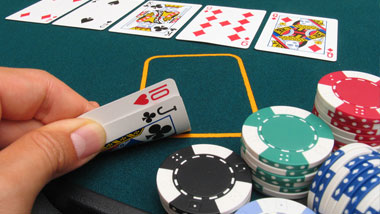
Poker is a well-known casino game and is enjoyed internationally where card games are played.
Card Values/Scoring
Five of a Kind – This is the highest possible hand and can occur only in games where at least one card is wild, such as a joker, the two one-eyed jacks, or the four deuces. Examples of five of a kind would be four 10s and a wild card or two queens and three wild cards.
Straight Flush – This is the highest possible hand when only the standard pack is used, and there are no wild cards. A straight flush consists of five cards of the same suit in sequence, such as 10, 9, 8, 7, 6 of hearts. The highest-ranking straight flush is the A, K, Q, J, and 10 of one suit, and this combination has a special name: a royal flush or a royal straight flush. The odds on being dealt this hand are 1 in almost 650,000.
Four of a Kind – This is the next highest hand, and it ranks just below a straight flush. An example is four aces or four 3s. It does not matter what the fifth, unmatched card is.
Full House – This colorful hand is made up of three cards of one rank and two cards of another rank, such as three 8s and two 4s, or three aces and two 6s.
Flush – Five cards, all of the same suit, but not all in sequence, is a flush. An example is Q, 10, 7, 6, and 2 of clubs.
Straight – Five cards in sequence, but not all of the same suit is a straight. An example is 9♥, 8♣, 7♠, 6♦, 5♥.
Three of a Kind – This combination contains three cards of the same rank, and the other two cards each of a different rank, such as three jacks, a seven, and a four.
Two Pairs – This hand contains a pair of one rank and another pair of a different rank, plus any fifth card of a different rank, such as Q, Q, 7, 7, 4.
One Pair – This frequent combination contains just one pair with the other three cards being of different rank. An example is 10, 10, K, 4, 3.
No Pair – This very common hand contains “nothing.” None of the five cards pair up, nor are all five cards of the same suit or consecutive in rank. When more than one player has no pair, the hands are rated by the highest card each hand contains, so that an ace-high hand beats a king-high hand, and so on.
Two hands that are identical, card for card, are tied since the suits have no relative rank in Poker. In such a case, the tied players split the pot. Note that if two hands contain the same high pair, then the ranking of the next card in the hands determines which one wins. For example: 9, 9, 7, 4, 2 beats 9, 9, 5, 3, 2. Likewise, two hands that have identical pairs would be decided by the fifth card. For example: Q, Q, 6, 6, J beats Q, Q, 6, 6, 10.
Betting
Betting is the key to Poker, for the game, in essence, is a game of chip management.
In the course of each Poker deal, there will be one or more betting intervals in which the players have an opportunity to bet on their hands. Minimizing losses with poor hands and maximizing winnings with good hands is the underlying skill that Poker requires.
Before the cards are even dealt, the rules of the Poker game being played may require that each player put an initial contribution, called an “ante,” of one or more chips into the pot, to start it off.
Each betting interval, or round, begins when a player, in turn, makes a bet of one or more chips. Each player to the left, in turn, must either “call” that bet by putting into the pot the same number of chips; or “raise,” which means that he puts in more than enough chips to call; or “drop” (“fold”), which means that he puts no chips in the pot, discards his hand, and is out of the betting until the next deal.
When a player drops, he loses any chips he has put into that pot. Unless a player is willing to put into the pot at least as many chips as any preceding player, he must drop out.
A betting interval ends when the bets have been equalized – that is, when each player has either put in exactly as many chips as his predecessors or has dropped. There are usually two or more betting intervals for each Poker deal. After the final interval there is a “showdown,” which means that each player who remains shows his hand face up on the table. The best Poker hand then takes the pot.
If a player makes a bet or a raise that no other player calls, he wins the pot without showing his hand. Thus, in Poker, there is a bluffing element, and the best combination of cards does not always win the pot! Bluffing is one of the key reasons why Poker is so popular.
If a player wishes to remain in the game without betting, he “checks.” This means, in effect, that the player is making a “bet of nothing.” A player may check provided no one before him in that betting interval has made a bet. If another player has bet, he cannot check but must at least call the bet or drop. A player who checks may raise a bet that has been raised by another player. This is called “sandbagging,” which is allowed, unless it has been decided beforehand that this practice is forbidden. If all players check during a round of play, the betting interval is over, and all the players still in the pot remain in the game.
In each betting round, one player is designated as the first bettor, according to the rules of the game. The turn to bet always moves to the left, from player to player, and no one may check, bet, or even drop, except when it is his turn.
ROULETTE

Roulette is a simple yet fascinating game of chance that is extremely popular around the world – both at land-based and online casinos. I doubt there is a person on this Earth that hasn’t heard of it and doesn’t have the slightest idea of how to play, yet if you’re planning on playing for real money, I would recommend that you explore the rules of the game as well as possible because in some cases that might actually give you better chances for a win.
The rules of roulette are quite straightforward. In Roulette, you have a wheel that features red and black slots that have the numbers from 1 to 36 on them, and one or two green zero slots – depending whether you’re playing European single zero roulette or American double zero roulette. Except for the wheel, you have a table which also features the numbers and several additional sectors on which you can place bets. After all the participants in the game have placed their bets on the table, the dealer spins the wheel and throws in a small ball. Whichever is the number of the slot the ball lands in is the winning number.
According to the type of roulette game you’re playing, there might be some differences in the wheel and table layout, but that’s nothing to worry about as it doesn’t impact in any way the outcome of the roulette game.
BLACKJACK
With the exception of Poker, Blackjack is the most popular gambling card game.
Blackjack is played with one or more standard 52-card decks, with each denomination assigned a point value. The cards 2 through 10 are worth their face value. Kings, queens, and jacks are each worth 10, and aces may be used as either 1 or 11. The object for the player is to draw cards totaling closer to 21, without going over, than the dealer’s cards.
The best total of all is a two-card 21, or a blackjack. Blackjack pays 3-2–that is, a two-card 21 on a $5 bet will win $7.50 instead of the usual $5 even-money payoff on other winning hands. However, if the dealer also has a two-card 21, the hand pushes, or ties, and you just get your original bet back. But if the dealer goes on to draw 21 in three or more cards, your blackjack is still a winner with its 3-2 payoff.
The game is usually played at an arc-shaped table with places for up to seven players on the outside and for the dealer on the inside. At one corner of the table is a rectangular placard that tells the minimum and maximum bets at that table, as well as giving variations in common rules. For example, the sign might say, “BLACKJACK. $5 to $2,000. Split any pair three times. Double on any two cards.” That means the minimum bet at this table is $5 and the maximum is $2,000. Pairs may be split according to the rules described below, and if more matching cards are dealt, the pairs may be split up to three times for a total of four hands. The player may double the original bet (double down) and receive just one more card on any two-card total.
Most games today use four, six, or eight decks. After being shuffled, the cards are placed in a receptacle called a shoe, from which the dealer can slide out one card at a time. Single- or double-deck games, most common in Nevada, but also popular in Mississippi and some other markets, may be dealt from the dealer’s hand.
Play begins when you place a bet by stacking a chip or chips in the betting square on the table directly in front of you. After all bets have been placed, each player and the dealer are given two cards. In a shoe game, all player cards are dealt faceup, and the players are not permitted to touch their cards. In a single- or double-deck game dealt from the hand, cards are dealt facedown and players may pick them up with one hand. Either way, one of the dealer’s cards is turned faceup so the players can see it.
Once the cards have been dealt, players decide in turn how to play out their hands. After all players have finished, the dealer plays according to set rules: The dealer must draw more cards to any total of 16 or less and must stand on any total of 17 or more. In some casinos, the dealer will also draw to “soft” 17 — a 17 including an ace or aces that could also be counted as a 7. The most common soft 17 is ace-6, but several other totals, such as ace-3-3 or ace-4-2, on up to ace-ace-ace-ace-ace-ace-ace in a multiple deck game, are soft 17s.
Hit: If you hit, you take another card or cards in hopes of getting closer to 21. If the player’s total exceeds 21 after hitting, the player is said to “bust” and loses the bet. In shoe games, the player signals a hit by pointing to his cards or scratching or waving toward himself. In facedown games, the player signals a hit by scratching the table with the cards. Verbal calls to hit are not accepted — signals are used for the benefit of the security cameras above the table, so a taped record is on hand to settle any potential disputes.
Stand: If you stand, you elect to draw no more cards in hopes that the current total will beat the dealer. Signal a stand by holding a flattened palm over your cards in a faceup game or by sliding your cards under your bet in a facedown game.
Double down: You may elect to double your original bet and receive only one more card regardless of its denomination. Some casinos restrict doubling down to hands in which your first two cards total 10 or 11. Others allow you to double on any two cards. Double down by taking a chip or chips equal to the amount of your original bet and placing them next to your bet. In a facedown game, at this point you also need to turn your original two cards faceup.
Split: If your first two cards are of the same denomination, you may elect to make a second bet equal to your first and split the pair, using each card as the first card in a separate hand. For example, if you are dealt two 8s, you may slide a second bet equal to the first to your betting box. The dealer will separate the 8s, then put a second card on the first 8. You play that hand out in normal fashion until you either stand or bust; then the dealer puts a second card on the second 8, and you play that hand out.
Insurance: If the dealer’s faceup card is an ace, you may take “insurance,” which essentially is a bet that the dealer has a 10-value card down to complete a blackjack. Insurance, which may be taken for half the original bet, pays 2-1 if the dealer has blackjack. The net effect is that if you win the insurance bet and lose the hand, you come out even. For example, the player has 18 with a $10 bet down. The dealer has an ace up. The player takes a $5 insurance bet. If the dealer has blackjack, the player loses the $10 bet on the hand but wins $10 with the 2-1 payoff on the $5 insurance bet.
Many dealers will advise players to take insurance if the player has a blackjack. This can be done by simply calling out, “Even money” — because if the dealer does have blackjack, the player gets a payoff equal to the player’s bet instead of the 3-2 normally paid on blackjack.
These are the steps involved: Player bets $10 and draws a blackjack. Dealer has an ace up. Player makes a $5 insurance bet. Dealer has blackjack. The player’s blackjack ties the dealer’s, so no money changes hands on the original bet. But the $5 insurance bet wins $10 on the 2-1 payoff — the same as if the original $10 bet had won an even-money payoff.
As it happens, dealers who suggest this play are giving bad advice. Insurance would be an even bet if the dealer showing an ace completed a blackjack one-third (33.3 percent) of the time. But only 30.8 percent of cards have 10-values. Taking insurance is a bad percentage play, no matter what the player total, unless the player is a card counter who knows that an unusually large concentration of 10-value cards remains to be played.
Variation
Not all blackjack games are created equal. Some variations in the rules are good for the player, and some are bad. The shifts in the house edge may look small, but they make large differences in a game in which the total house edge is less than 1 percent against a basic strategy player. Here are some common variations and their effect on the house advantage:
Double downs after splitting pairs permitted: A very good rule for the player, it cuts the house advantage by 0.13 percent. In areas where several casinos are within reasonable distance, the player should choose games in which doubling after splits is allowed.
Resplitting of aces permitted: At most casinos, the player who splits aces receives only one more card on each ace. But if the player receives another ace, some casinos allow the resulting pair to be resplit. This option cuts the house edge by 0.03 percent. It is rare to find a game that goes even further by allowing the player to draw more than one card to a split ace, an option that cuts the house edge by 0.14 percent.
Early surrender: When the dealer’s faceup card is an ace, the dealer checks to see if the down-card is a 10 to complete a blackjack before proceeding with play. If the house allows the player to surrender half the original bet instead of playing the hand before the dealer checks for blackjack, that is early surrender. A great rule for the player, and one that is rarely found, early surrender cuts the house edge by 0.624 percent. Surrender can easily be misused by beginners who haven’t mastered basic strategy.
Late surrender: Found more often than early surrender, but still not commonplace, late surrender allows the player to give up half the bet rather than playing the hand after the dealer checks for blackjack. This decreases the house edge by 0.07 percent in a multiple-deck game, 0.02 percent in a single-deck game.
Double-downs limited to hard 11 and hard 10: Some casinos do not allow the player to double on totals of less than 10 or on soft hands. The net is a 0.28-percent increase in the house edge.
Dealer hits soft 17: If, instead of standing on all 17s, the dealer hits hands including an ace or aces that can be totaled as either 7 or 17, the house edge is increased by 0.2 percent.
Blackjack pays 6-5: Common on single-deck games on the Las Vegas Strip, this game is a bankroll breaker for players. For example, a two-card 21 pays only $6 for a $5 bet instead of the usual $7.50, which adds 1.4 percent edge to the house–more than the usual house edge against the basic strategy of seasoned players in nearly all games with the normal 3-2 return.
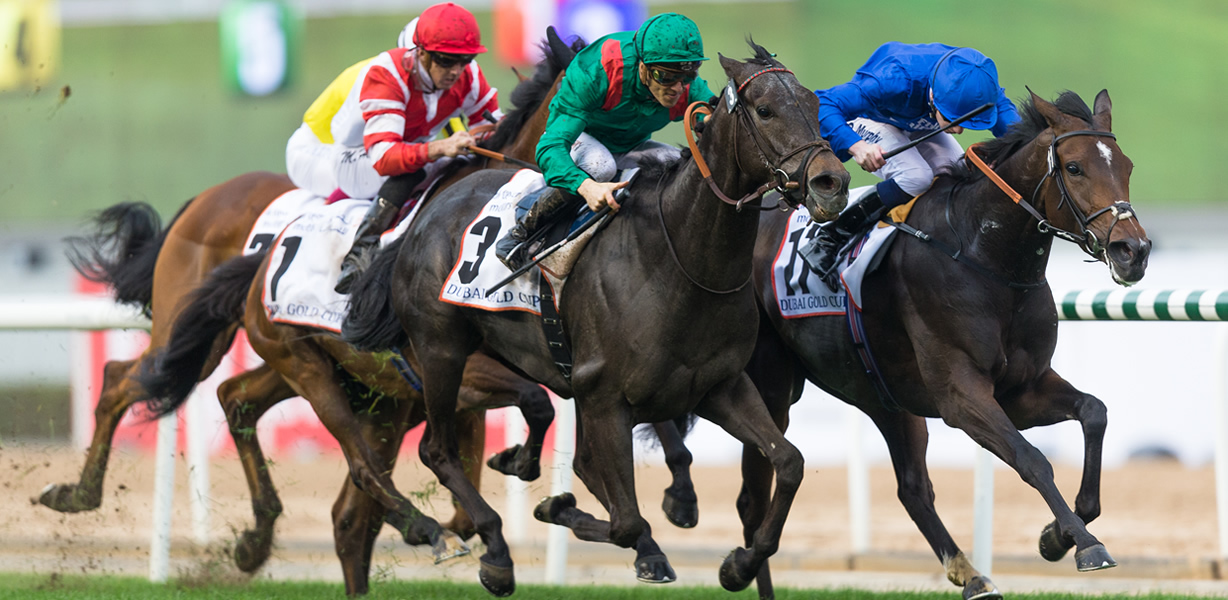
One of the most widespread forms of gambling involves betting on horse racing. Wagering may take place through parimutuel pools, or bookmakers may take bets personally. Parimutuel wagers pay off at prices determined by support in the wagering pools, while bookmakers pay off either at the odds offered at the time of accepting the bet; or at the median odds offered by track bookmakers at the time the race started.
WIN– You’re betting that your horse will come in first place. If your horse finishes in first, you get to collect.
PLACE– When you bet on your horse to “place,” you’re betting that he will come in first OR second. If your horse finishes in first or second, you get to collect. Payout for a place bet is less than a win wager, but you do have the security of being able to cash in if your horse finishes in the top two spots.
SHOW– You’re betting that your horse will come in first, second, OR third. Since you’re hedging your bets, you have a higher chance of winning, but the payout for a show bet is substantially less than a win or place wager.
ACROSS THE BOARD– When you bet across the board, you’re betting your horse to win, place, AND show. An across-the-board bet is what’s called a “combo straight wager” because it’s three different bets (win, place, AND show) in one. Because it’s three bets in one, an across-the-board bet is more expensive than a simple win/place/show wager. For example, a $2 across-the-board wager will cost you $6, because you’re making three $2 bets. If your horse comes in first, you get the win, place, and show money. If your horse finishes second, you get place and show money. If your horse comes in third, you just get the show money. Across-the-board bets aren’t usually a good wager because they’re expensive and have less profit potential.
WIN/PLACE, PLACE/SHOW– Similar to an across-the-board bet in that you’re making multiple straight wagers in a single bet. In a win/place bet, you’re betting your horse to win AND place. If he wins, you collect both the win and place money. If he finishes second, you collect just the place money. In a place/show bet, you’re betting that your horse will place and show. If your horse finishes second, you collect the place and show money; if he finishes third, you just get the show money. Because you’re placing multiple wagers on your horse in a single bet, a win/place and place/show is more expensive. A $2 win/place bet will cost you $4 because you’re betting $2 that your horse wins and $2 that your horse places.
EXACTA– You’re betting on two horses to come in first and second in an exact order. For example, if you placed a $2 exacta on horses 3 and 5, you can only collect if horse #3 comes in first and horse #5 comes in second. Exacta bets are popular among skilled horse handicappers because the payoff can be very lucrative. You can also “box” your exacta bet which means your two horses can come in any order in the top two spots and you still win. Boxing an exacta costs twice as much as a straight exacta bet. So a $2 box exacta on horses 3 and 5 will cost you $4.
QUINELLA– With a quinella bet, you’re betting on two horses to come in first and second in any order. As long as your two horses finish in the top two spots, you win. So if you placed a $2 quinella bet on horses 1 and 6, you can collect if horse #1 and horse #6 come in first and second in any order. You might be thinking, “What’s the difference between a quinella and a box exacta? Both let you win if your two horses come in first or second.” The big difference is cost: a $2 quinella bet costs $2 while a $2 box exacta bet will cost you $4. Why would someone pay more for a box exacta if it’s essentially the same bet as a quinella? The payout for a box exacta is generally more than a quinella bet, that’s why.
A cockfight is a blood sport between two cocks, or gamecocks, held in a ring called a cockpit.
There are two types of bets in cock fighting: the central bet contributed by the owners of the two birds at even money, and the side bets from spectators, never at even money. The owner of the victorious bird takes home the entire central bet and the announcement of how much has been staked is of considerable interest to the crowd as it shows the confidence the owners and handlers have in their own roosters.
Once the central bet has been established, it’s then on to the side bets with the first order of business to determine the favorite. This is usually done by the more experienced punters, ones who rarely miss a fight. They do so by calling out the color of the bird they think is likely to win. The Balinese have developed very specific vocabulary to describe the many different color combinations of rooster feathers. When birds of the same color are fighting each other, they additionally call out a distinguishing feature such as its size or its position in the ring like “east” or “north”.
Most participants take the lead of the more experienced company but strict attention must be paid in the chaotic flurry of shouts as initial favorites may change based on their collective input. Once the favorite has been established, the backers of the underdog start calling out the odds they want. The objective is for two opposing betters to find each other in the commotion – it is this person they will exchange money with directly at the end of the fight.

Step 1 :
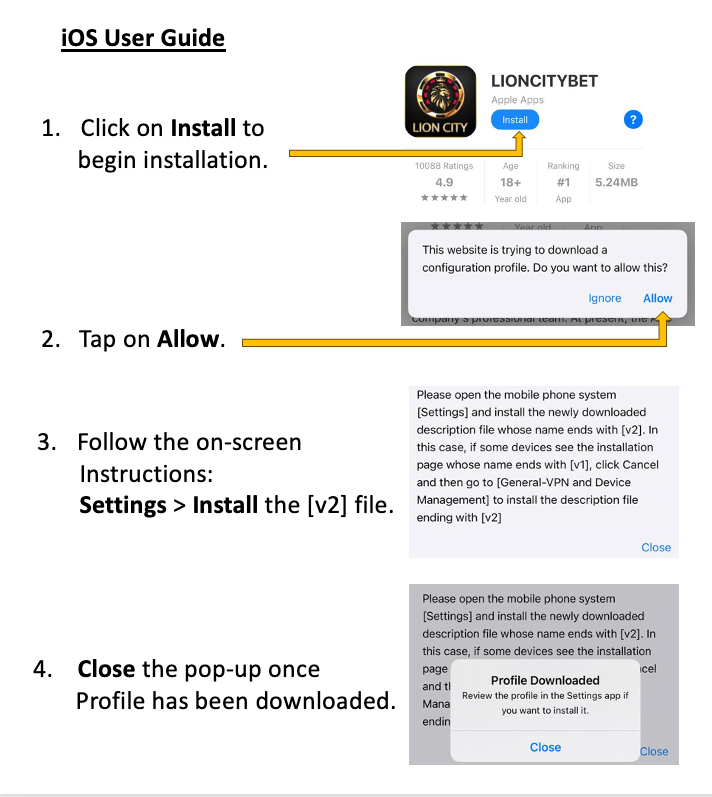
Step 2 :

Step 3 :
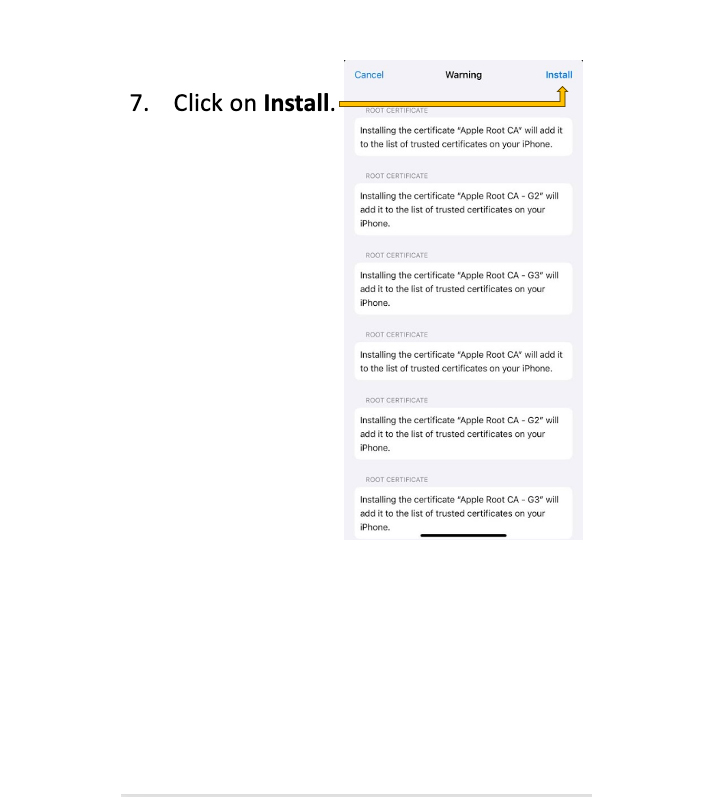
Step 4 :
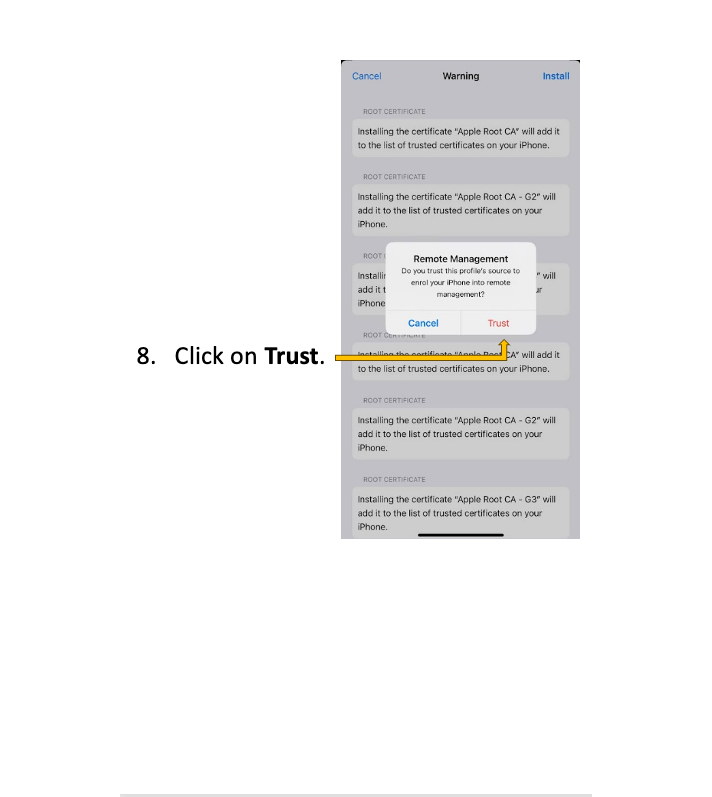
Step 5 :
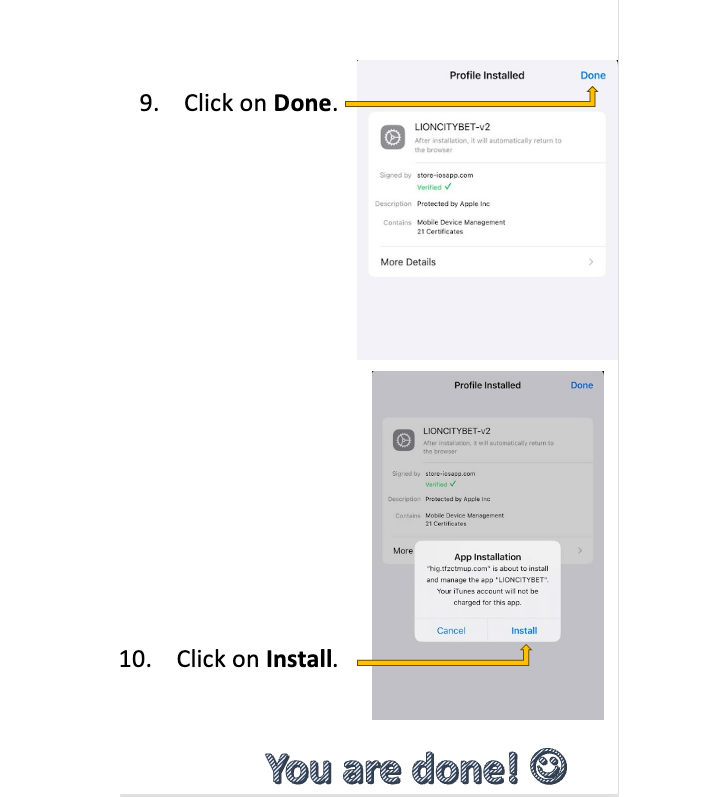

Step 1 :

Engage in our thrilling Daily Check-In Rewards, designed exclusively for LionCityBet players to effortlessly accumulate Mission tokens by simply logging into the Daily Check-In page on LIONCITYBET.
These coveted Mission tokens unlock the exhilarating opportunity to spin the wheel on our captivating Fortune Wheel page (https://www.lioncitybet.co/web/fortunewheel).
Keep track of your Mission token balance conveniently located within your wallet section.
Brace yourself for a delightful surprise as you receive a varying amount of Mission tokens for each consecutive daily check-in.
Only verified LIONCITYBET members are allowed to claim Daily Check-In tokens.
The campaign will refresh every 1st day of the year (Example: 1st Jan 20XX); all unclaimed tokens will expire on the last day of the year.
Tokens will be deducted once the member spins the wheel on our Fortune Wheel page (https://www.lioncitybet.co/web/fortunewheel); rewards will be automatically credited to the main wallet.
Promotion is limited to 1 person/household/account/IP address only. (If there is any collusion or usage of multiple accounts, all winnings may be forfeited.)
LIONCITYBET reserves the right to modify, suspend, or discontinue the campaign at any time without prior notice.
LIONCITYBET may, at its sole discretion, replace prizes with another of similar monetary value.
LIONCITYBET will nullify any tokens gained should there be any form of suspicious activities and/or use of third-party software. All payouts may be void as per LIONCITYBET's basic terms and conditions. (https://lioncitybet.co/web/tnc)
LIONCITYBET reserves the right to revise the Terms and Conditions or to cancel this promotion at any time and without prior notice.
All other basic T&C apply (https://lioncitybet.co/web/tnc)